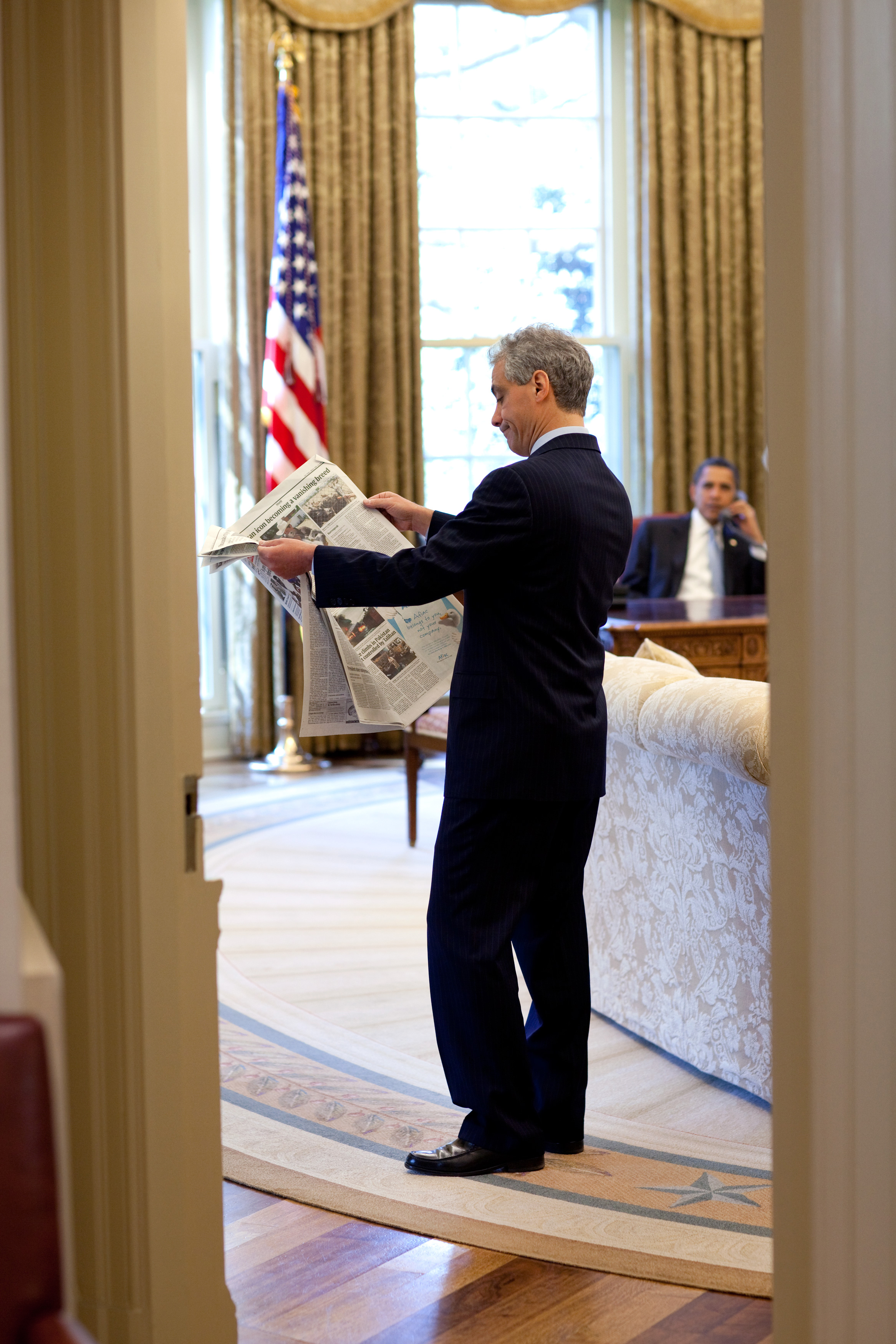A new report from the watchdog group Civic Federation reveals that Chicago’s unfunded pension obligations have tripled since 2003 and now stand at $37 billion.
Details from the report, summarized by the Chicago Sun-Times:
The report found the gap between current assets of the ten funds and pensions promised to retirees had risen to $37.3 billion.
The 10 funds had an average funding level of 45.5 percent in 2012, down from 74.5 percent a decade ago.
The firefighters pension fund is in the worst shape, with assets to cover just 24.4 percent of future liabilities. The CTA pension fund is in the best financial condition at 59 percent.
Government employees did their part by contributing the required portion of their paychecks to their future pensions. But the government contribution fell nearly $2 billion short of the $2.8 billion required to cover costs and reduce a portion of unfunded liabilities over a 30-year time frame, the report concludes.
Investment income didn’t help. And the future outlook is bleak, thanks to a “declining ratio” of active employees to beneficiaries.
In 2012, the 10 funds had 1.11 active employees for every retiree, down from a 1.55 ratio a decade ago. The police, laborers, Metropolitan Water Reclamation District, Forest Preserve and CTA funds all had more beneficiaries than active employees in 2012.
Counting statewide funds, the pension liability amounts to $19,579 for every Chicago resident.
Chicago is required by law to make a $550 million contribution in 2016 to two police and fire pension funds. Mayor Rahm Emanuel presumably needs to raise that money through various taxes. But he has repeatedly promised not to raise property taxes, and more recently said he won’t raise gas or sales taxes, either. From the Sun-Times:
Mayor Rahm Emanuel on Wednesday ruled out pre-election increases in property, sales or gasoline taxes but pointedly refused to say whether he would steer clear of any other taxes, fines or fees.
“We’ve balanced three budgets in a row holding the line on property, sales and gas taxes and finding efficiencies and reforms in the system. . . . We eliminated the per-employee head tax . . . and we put money back in the rainy day fund,” the mayor said.
“On my fourth budget, we will hold the line on property, sales and gas taxes and put money back in the rainy day fund and continue to look at the system as a whole to find efficiencies and reforms and things that were duplicative where you could do better.”
This past summer, Chicago hiked its telephone tax by 56 percent.
Photo: Pete Souza [Public domain], via Wikimedia Commons
